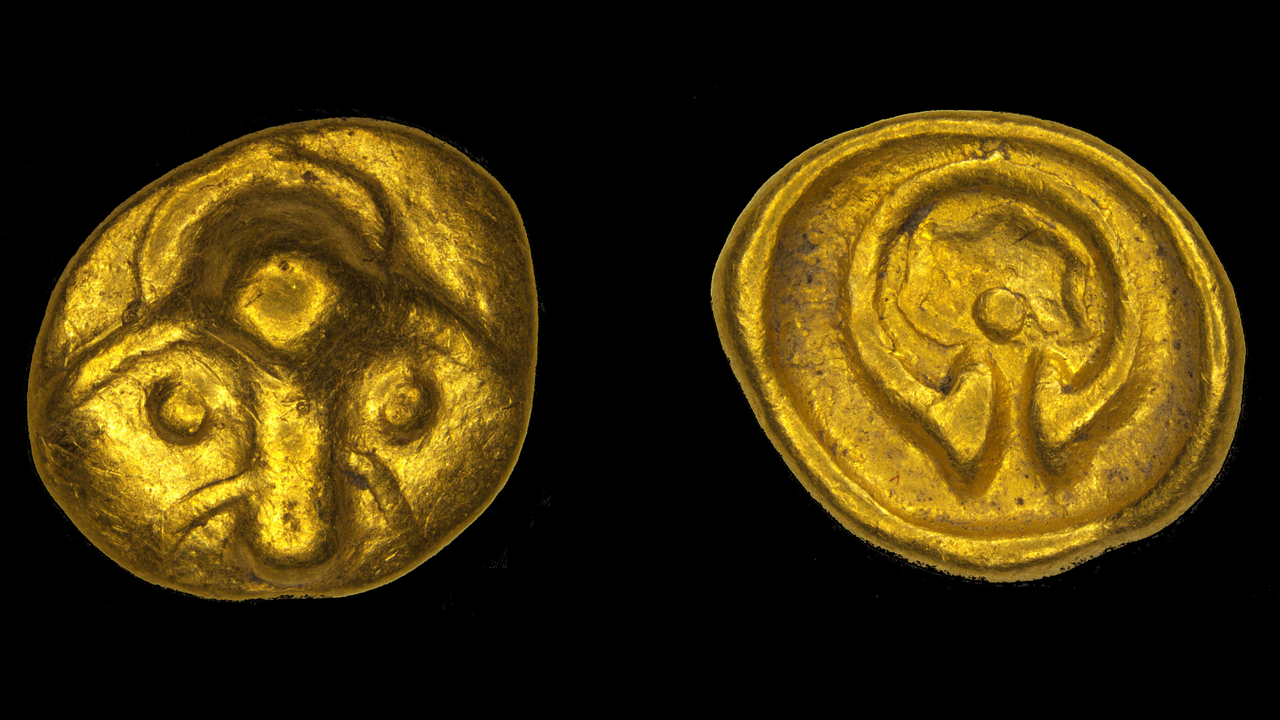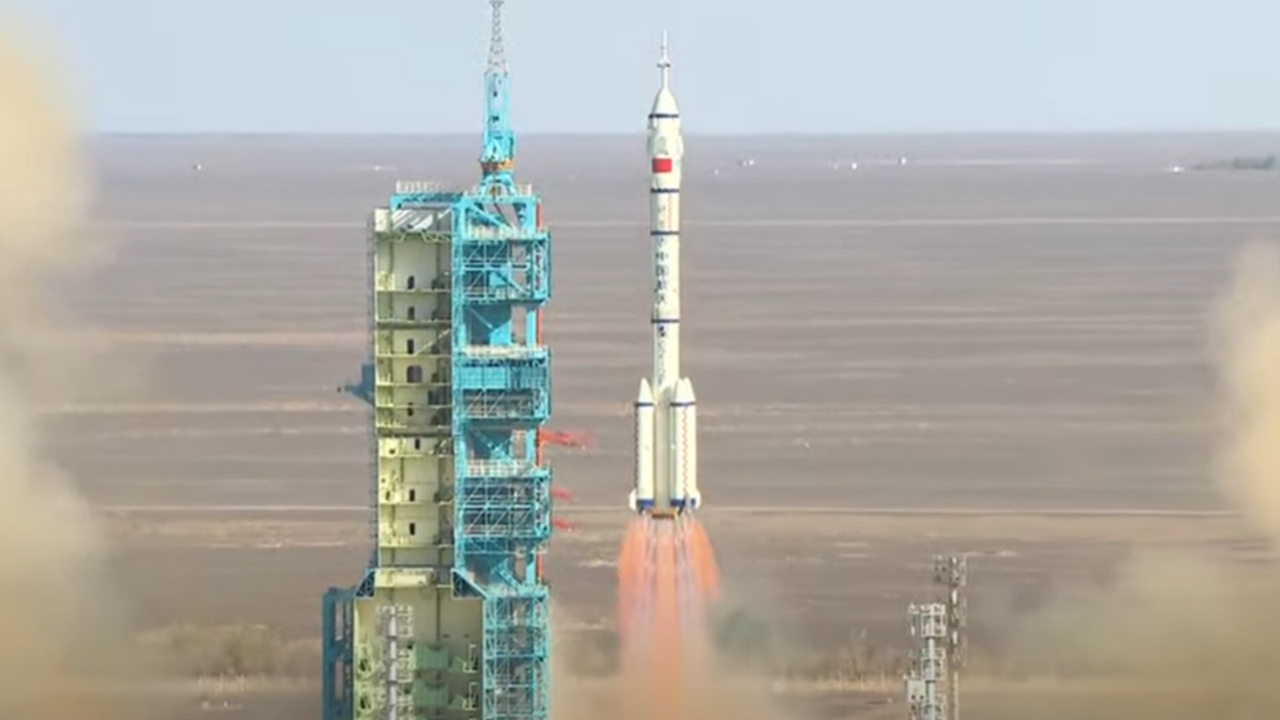V-1 Missiles Once Terrorized Britain. Now They’re Home to Starfish.
PositiveScience
A recent study reveals that tons of toxic German munitions, including V-1 missiles, dumped in the Baltic and North Seas after World War II, have transformed into an unexpected sanctuary for marine life. This finding is significant as it highlights how human-made structures can inadvertently support biodiversity, offering a glimmer of hope for environmental recovery in these waters.
— Curated by the World Pulse Now AI Editorial System






